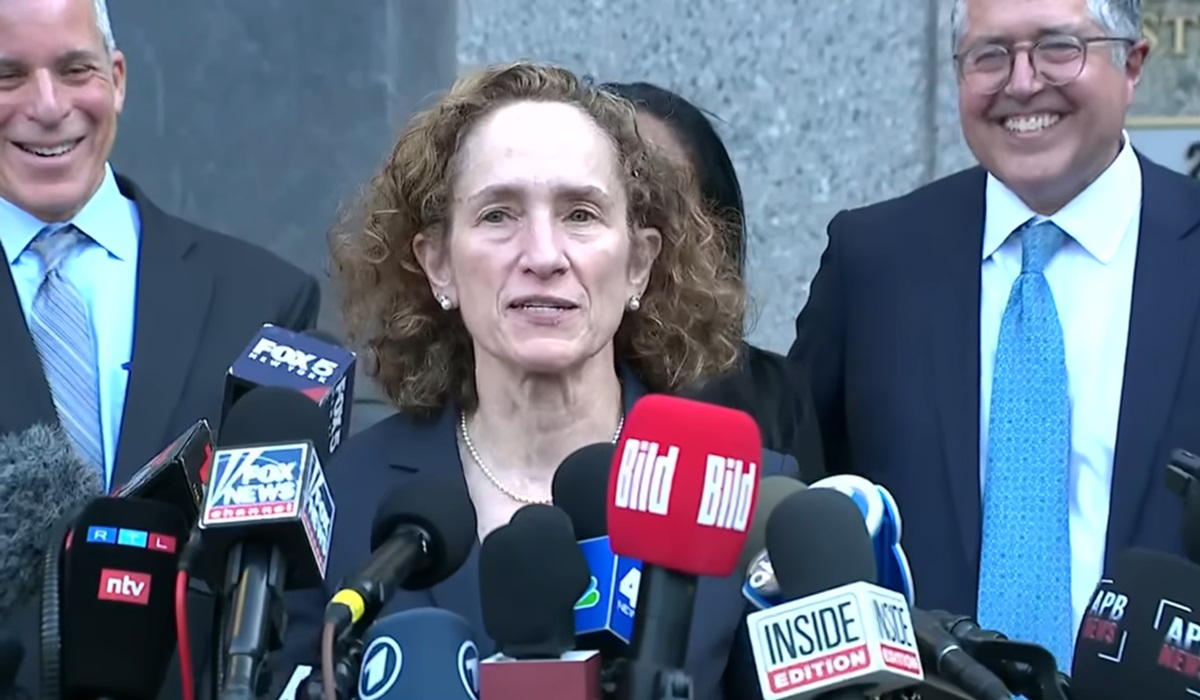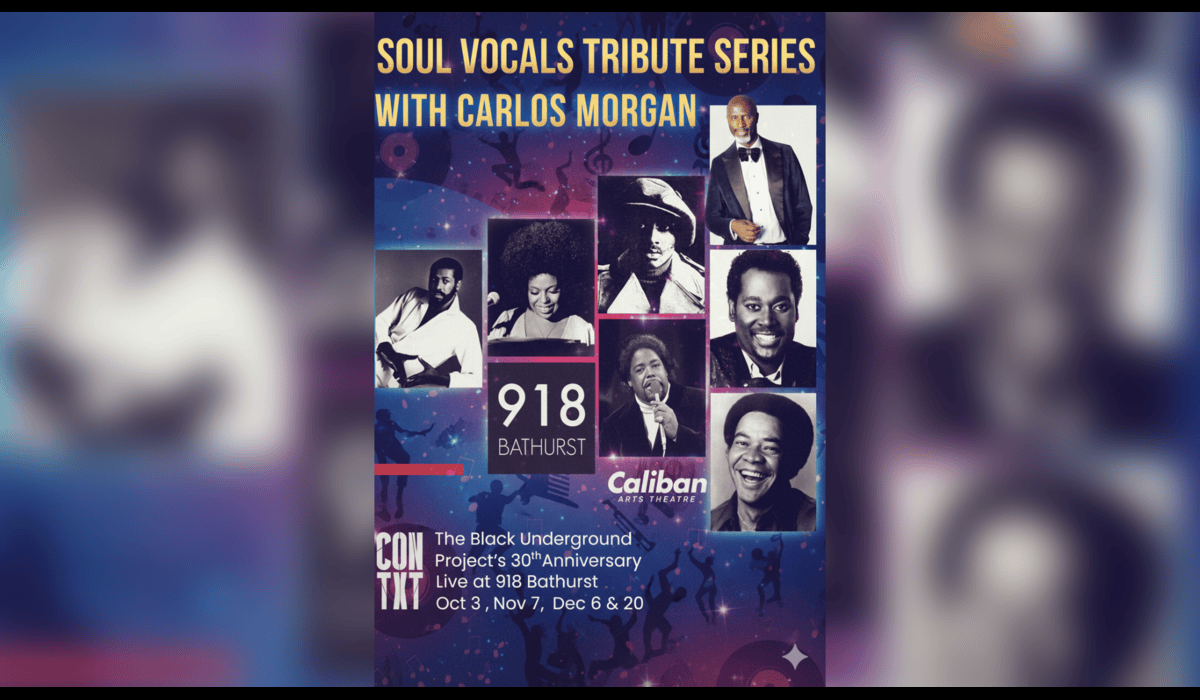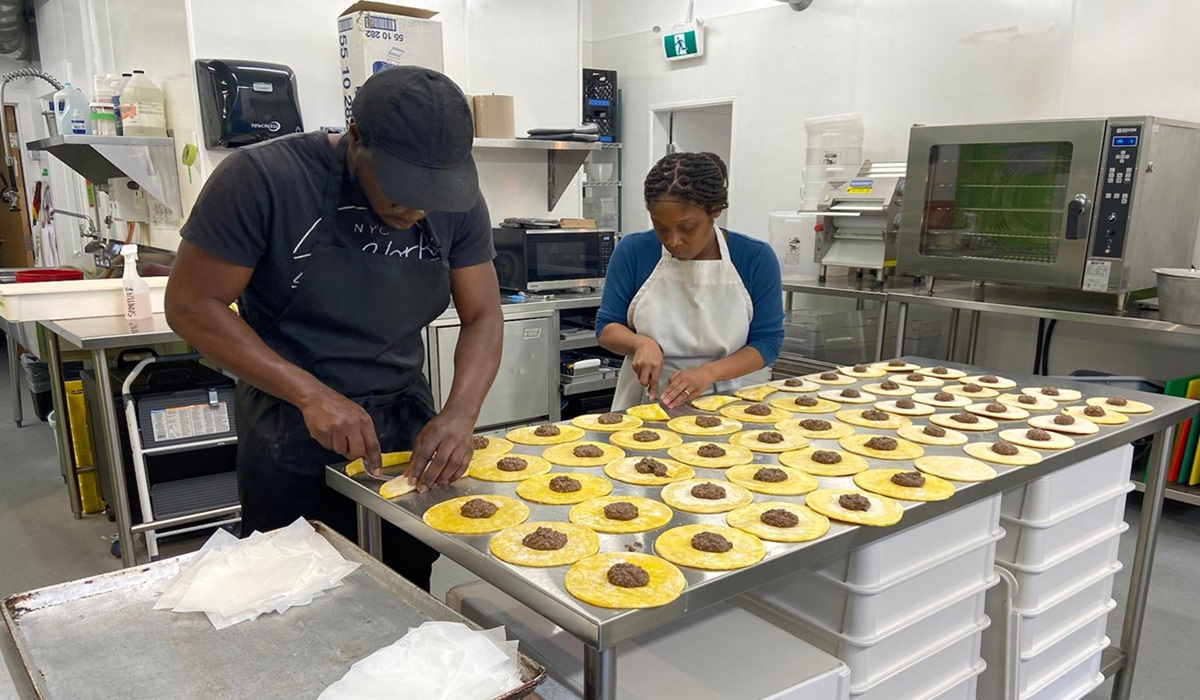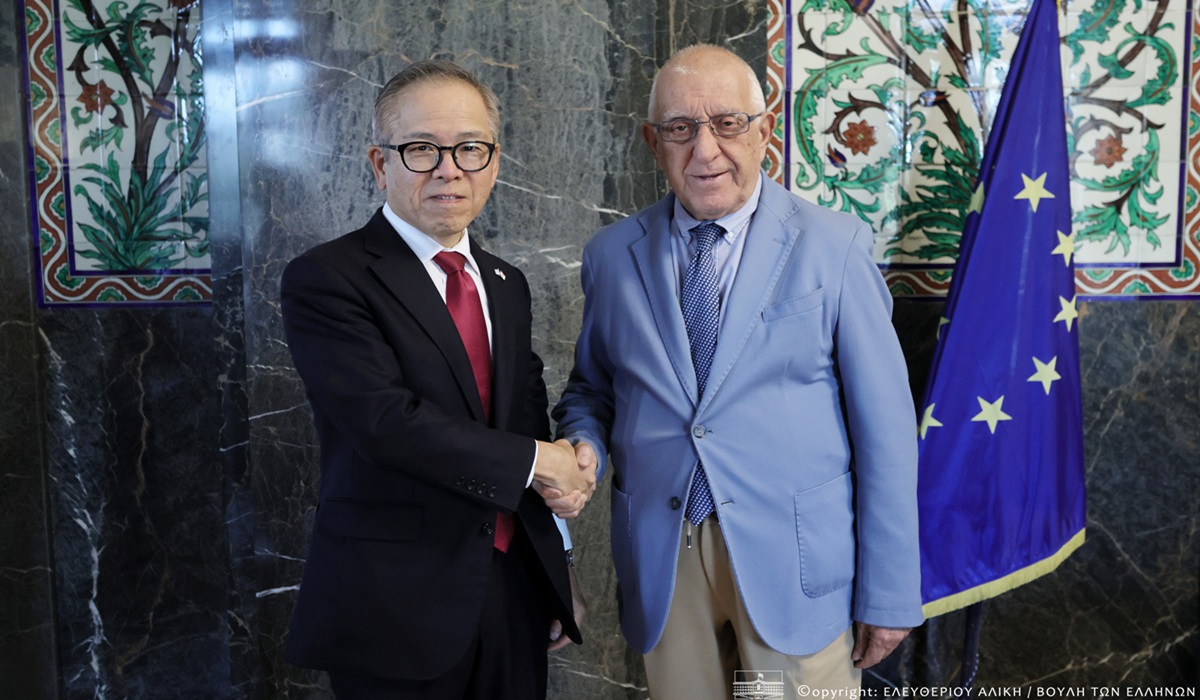Diddy Beats the Feds: RICO Acquittal Shakes Legal, Corporate, and Cultural Worlds
- TDS News
- Trending News
- July 3, 2025

Sean “Diddy” Combs just pulled off something nearly unheard of—he beat the Feds on a RICO charge. For context, the federal government doesn’t bring RICO (Racketeer Influenced and Corrupt Organizations Act) cases lightly. These charges are designed to dismantle entire criminal enterprises, usually aimed at mob bosses, cartel leaders, and high-level gang figures. When the DOJ hits you with a RICO case, they’re aiming to end your empire. But Diddy? He walked.
That kind of legal victory doesn’t happen without power, money, and one hell of a legal team. Diddy had the best of the best in his corner—seasoned attorneys who understand federal strategy and how to dismantle it. That’s what wealth buys you in America: not immunity, but a fighting chance. And fight he did.
Sources close to the situation say this all traces back to Diddy’s beef with a major liquor conglomerate—one he sued and won against. That move reportedly made him a target. The whispers say the intent wasn’t just legal—this was a full-on takedown attempt. The kind of coordinated media and legal blitz that aims to strip a man of his empire, credibility, and legacy in one fell swoop. And had that RICO charge stuck, they would’ve succeeded. He was facing life in prison.
But here’s the twist: despite the swirl of controversy, allegations, and damning headlines over the past year, the jury did not see the organized criminal enterprise the feds tried to paint. Yes, Diddy has long had a reputation as a volatile, controversial, and powerful figure. Yes, there have been stories—some disturbing, some bizarre. But being a violent man or, in the words of his critics, a “freak,” isn’t the same as running a racketeering operation. That distinction is the thin line between life behind bars and walking free.
Now, to be clear, Diddy was convicted on two lesser charges—specifically, related to transporting individuals for illegal sexual purposes. Serious, yes. But these are charges that may not carry additional jail time, especially considering time already served, lack of prior felony convictions, and the nature of the case.
Still, the acquittal on the RICO charge is the real headline here. This wasn’t just a legal win—it was a political and corporate slap in the face to those who tried to bring him down. The federal government had its eyes on shutting him down completely. And they failed.
This case shows just how powerful and layered the intersection of money, reputation, and influence really is. The RICO charge didn’t stick because the prosecution couldn’t thread the needle. They failed to prove that Diddy operated as the head of a criminal enterprise. They couldn’t sell the story of him as a modern-day mob boss. There was no coherent web of coordinated crimes with enough connective tissue to satisfy a federal jury.
In short: they reached too far, and the jury saw through it.
For Diddy, this may not be the end of scrutiny. His reputation is bruised, and some doors will remain closed. But legally? He’s not going down as a RICO convict. And in the high-stakes world of federal prosecution, beating the feds—especially on RICO—isn’t just rare. It’s legendary.
Whether you love him, hate him, or can’t decide, one thing’s clear: they came for the king, and they missed.








